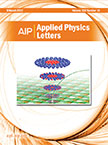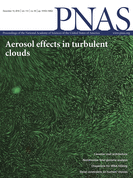 By now, most of our readers are aware that some fields of science have a reproducibility problem. Part of the problem, some argue, is the publishing community’s bias toward dramatic findings — namely, studies that show something has an effect on something else are more likely to be published than studies that don’t.
By now, most of our readers are aware that some fields of science have a reproducibility problem. Part of the problem, some argue, is the publishing community’s bias toward dramatic findings — namely, studies that show something has an effect on something else are more likely to be published than studies that don’t.
Many have argued that scientists publish such data because that’s what is rewarded — by journals and, indirectly, by funders and employers, who judge a scientist based on his or her publication record. But a new meta-analysis in PNAS is saying it’s a bit more complicated than that.
In a paper released today, researchers led by Daniele Fanelli and John Ioannidis — both at Stanford University — suggest that the so-called “pressure-to-publish” does not appear to bias studies toward larger so-called “effect sizes.” Instead, the researchers argue that other factors were a bigger source of bias than the pressure-to-publish, namely the use of small sample sizes (which could contain a skewed sample that shows stronger effects), and relegating studies with smaller effects to the “gray literature,” such as conference proceedings, PhD theses, and other less publicized formats.
However, Ferric Fang of the University of Washington — who did not participate in the study — approached the findings with some caution:
Continue reading What leads to bias in the scientific literature? New study tries to answer

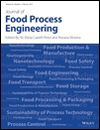 A food science journal has retracted a paper over “a breach of reviewer confidentiality,” after editors learned it contained text from an unpublished manuscript — which one of the authors appears to have reviewed for another journal.
A food science journal has retracted a paper over “a breach of reviewer confidentiality,” after editors learned it contained text from an unpublished manuscript — which one of the authors appears to have reviewed for another journal.
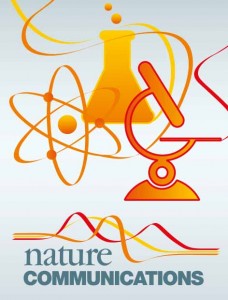 Ask and ye shall receive: A journal has retracted a 2014 paper by Paolo Macchiarini,
Ask and ye shall receive: A journal has retracted a 2014 paper by Paolo Macchiarini, 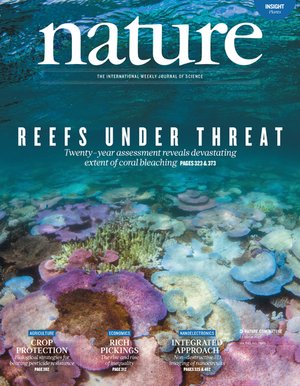 Despite taking some serious hits, a 2006 letter in
Despite taking some serious hits, a 2006 letter in  By now, most of our readers are aware that some fields of science have a reproducibility problem. Part of the problem, some argue, is the publishing community’s bias toward dramatic findings — namely, studies that show something has an effect on something else are more likely to be published than studies that don’t.
By now, most of our readers are aware that some fields of science have a reproducibility problem. Part of the problem, some argue, is the publishing community’s bias toward dramatic findings — namely, studies that show something has an effect on something else are more likely to be published than studies that don’t. A scientist who sued his employer for millions of dollars has earned two more retractions, for papers that had already been flagged by the journal.
A scientist who sued his employer for millions of dollars has earned two more retractions, for papers that had already been flagged by the journal. Two countries have recently announced plans to learn more about research misconduct, with the goal of preventing it from happening in the first place.
Two countries have recently announced plans to learn more about research misconduct, with the goal of preventing it from happening in the first place.
